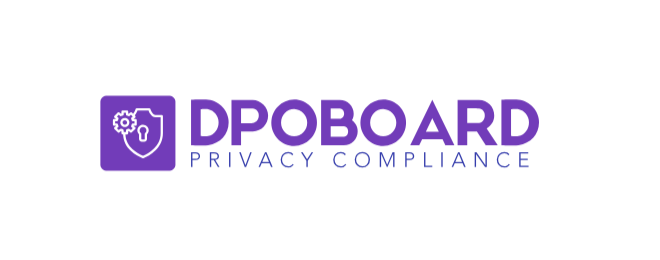The Future of US Privacy Legislation: Navigating the Path to a Comprehensive Privacy Law
The Future of US Privacy Legislation: Navigating the Path to a Comprehensive Privacy Law
The United States has historically lagged behind other developed nations in establishing comprehensive privacy protections for its citizens. While various state-level laws have emerged in recent years, the absence of a federal privacy law has left many Americans vulnerable to the unchecked collection and use of their personal data by businesses and government agencies.
The Growing Demand for Federal Privacy Legislation
Public concern over data privacy has been on the rise in recent years, fueled by high-profile data breaches, the pervasive use of personal data for targeted advertising, and the increasing sophistication of data collection techniques. This growing public awareness has translated into a strong demand for federal privacy legislation that would establish a baseline level of protection for all Americans.
The Likelihood of a Federal Privacy Law in 2024
The passage of a comprehensive federal privacy law in 2024 remains uncertain, despite the growing demand for such legislation. The political landscape in the United States is deeply divided, and there is no clear consensus on the scope and content of a federal privacy law.
Despite these challenges, there are several factors that suggest a federal privacy law may be within reach in 2024. The increasing bipartisan support for privacy legislation, the growing influence of consumer advocacy groups, and the potential for economic benefits from a comprehensive privacy law could all contribute to the successful passage of such legislation.
Potential Scenarios for 2024
If Congress does pass comprehensive privacy legislation in 2024, it would have a significant impact on the way businesses collect, use, and share personal data. Businesses would need to implement new data management practices to comply with the law, and consumers would have greater control over their personal information.
However, if Congress fails to pass a federal privacy law in 2024, the current patchwork of state-level laws is likely to continue, leading to confusion and inconsistency for businesses and consumers. This could also create a competitive disadvantage for US businesses operating in the global market, where many countries have already implemented comprehensive privacy laws.
In conclusion, the future of US privacy legislation remains uncertain, but there is a growing momentum for a federal privacy law. The passage of such legislation would have a significant impact on businesses and consumers alike. Whether or not Congress takes action in 2024 remains to be seen, but the debate over privacy is likely to continue for years to come.
